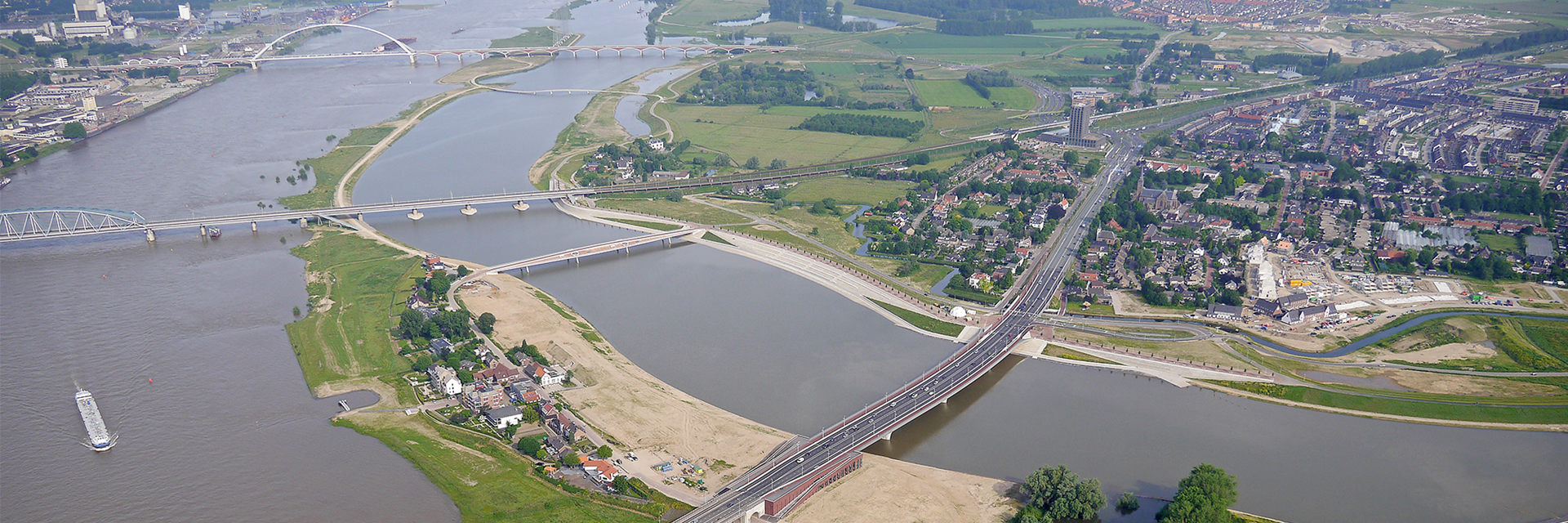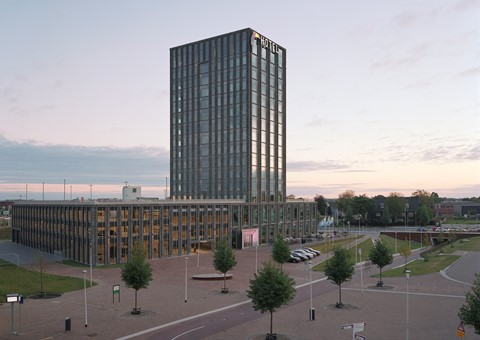
Nijmegen-Noord has seen the emergence of a lot of homes and new industry over a short period of time, which has increased the demand for electricity in the area. The current electricity distribution station will no longer be able to cope with this greater demand for power in the short term. The network manager Liander is therefore working on a new electricity distribution station to meet the extra electricity demand.
However, this project will take about 4 years, so an intermediate solution is needed: either a temporary extra power cable, which is very expensive and time-consuming, or a flexibility market. Liander opted for a flexibility market in cooperation with Scholt Energy, Lidl and Van der Valk, which saves public money compared to temporary upgrading of the grid.

How does it work?
A flexibility market avoids high power peaks in the local electricity grid. Flexibility can be created by shifting the supply and demand of energy consumers in the area. Shifting the supply and demand requires smart systems that can temporarily postpone energy consumption and/or store energy without consumers having to adjust their behaviour.
In Nijmegen-Noord, Lidl and Van der Valk have smart systems that offer flexibility. It was agreed that in the event of a high power peak, Van der Valk would use a heat pump and heat buffer to make the hotel temporarily self-sufficient and Lidl would switch to a lower capacity for its refrigeration and freezer system. Lidl also intermittently feeds the sustainably generated energy held by their energy storage system back to the grid. This reduces the load and power peaks on the grid, so that the power demand can be met.
Scholt Energy's flexibility control
Scholt Energy is coordinating the entire process by controlling the big battery at Lidl and the heat pump at Van der Valk, and by feeding their energy to Liander at the right times. Software developer Enervalis supported Scholt Energy in setting up the innovative software to enable this control of flexible resources.
Scholt Energy, Lidl and Van der Valk receive compensation from Liander for this flexibility market. Thanks to this successful pilot, Scholt Energy is investigating where in the Netherlands this flexibility market can also be implemented. This solution creates an additional revenue model for our customers and contributes to the energy transition.

